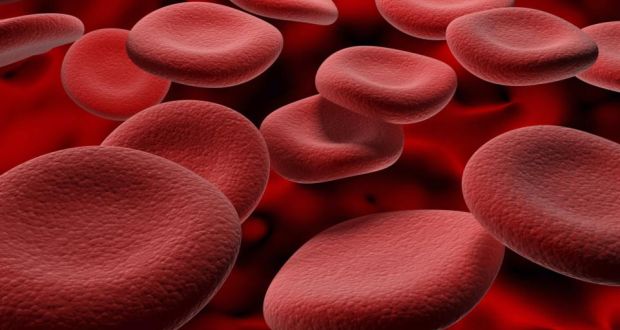In Vitamin B12 deficiency the red blood cells are enlarged (if the deficiency is severe and longstanding), leading to a rise in the MCV. The threshold for diagnosing vitamin B12 deficiency is a matter of debate.
Some experts believe levels of 400-500 pmol/L are desirable and that levels below this may lead to symptoms. A level which is sustained below 140 pmol/L will ultimately result in megaloblastic anaemia (or Pernicious Anaemia (PA)), in which there is reduced quality and number of red blood cells.
Deficiency may be the result of either low intake of the vitamin or from impaired absorption from the gut. Poor absorption owing to a deficiency of Intrinsic Factor (IF) is generally the underlying reason for PA – and usually, this is caused by an autoimmune action, in which antibodies (manufactured by the body’s immune system) mistakenly attack and destroy IF.
Vitamin B12 deficiency, in the long run, can lead to nervous system disorders – with sensation changes, loss of power or co-ordination, gut disorders and (rarely) dementia or mental illness. Lower level deficiency has been associated with a range of symptoms such as fatigue, memory impairment, irritability, depression and personality changes.
Read our Vitamin B12 blog to find out more about B12 testing - click here.
















